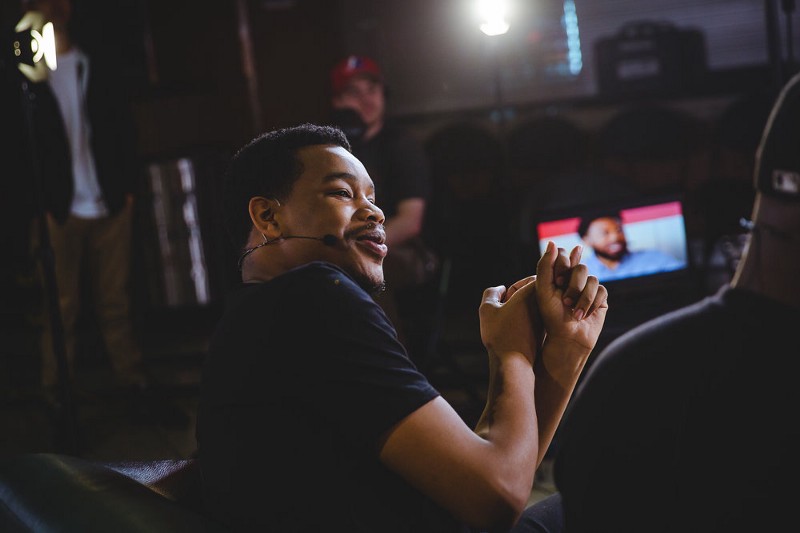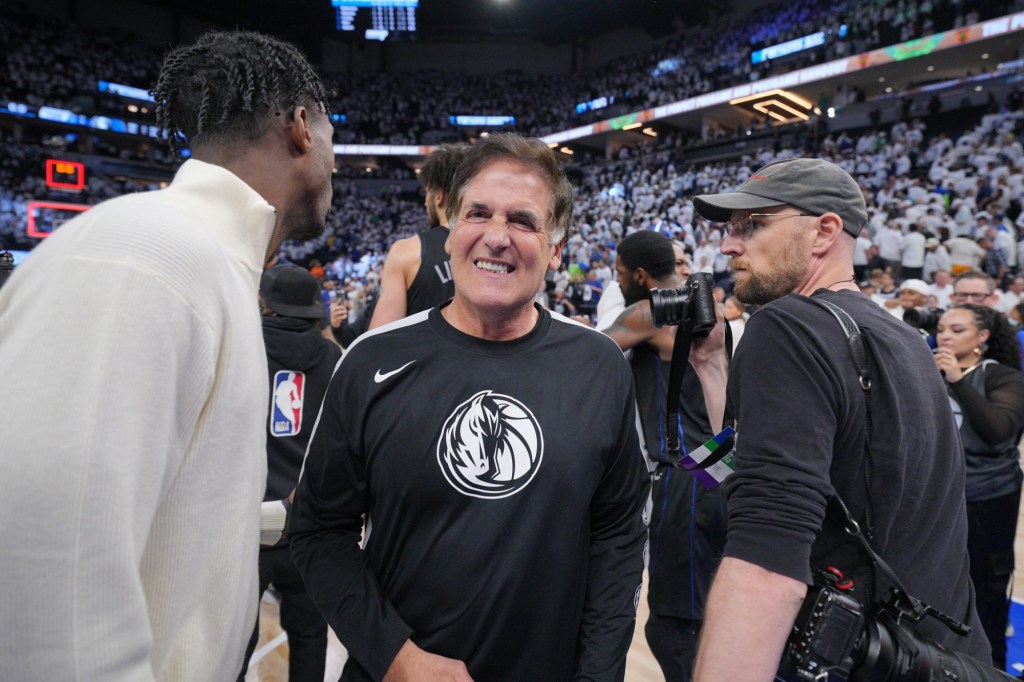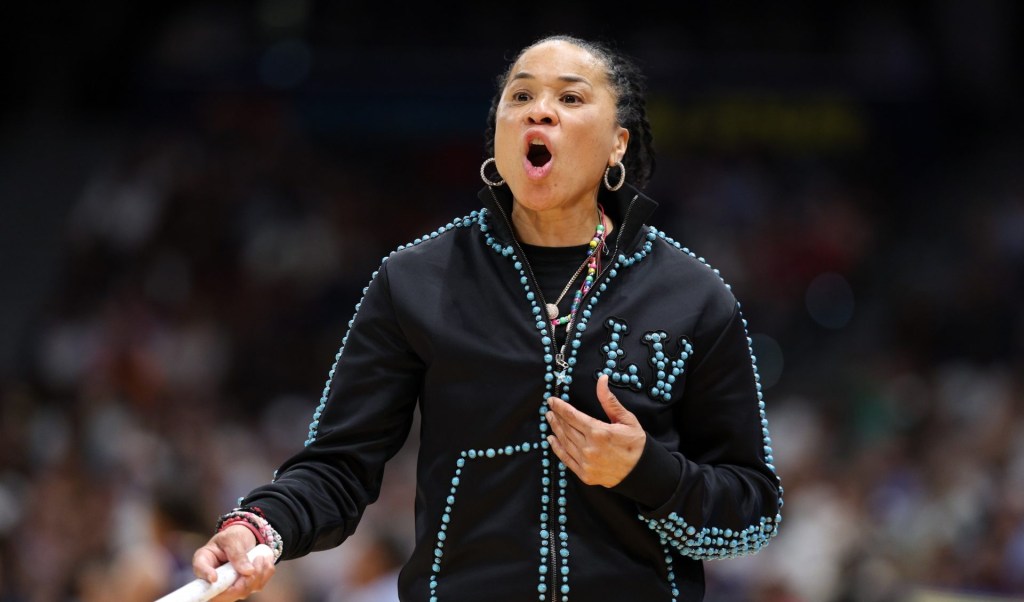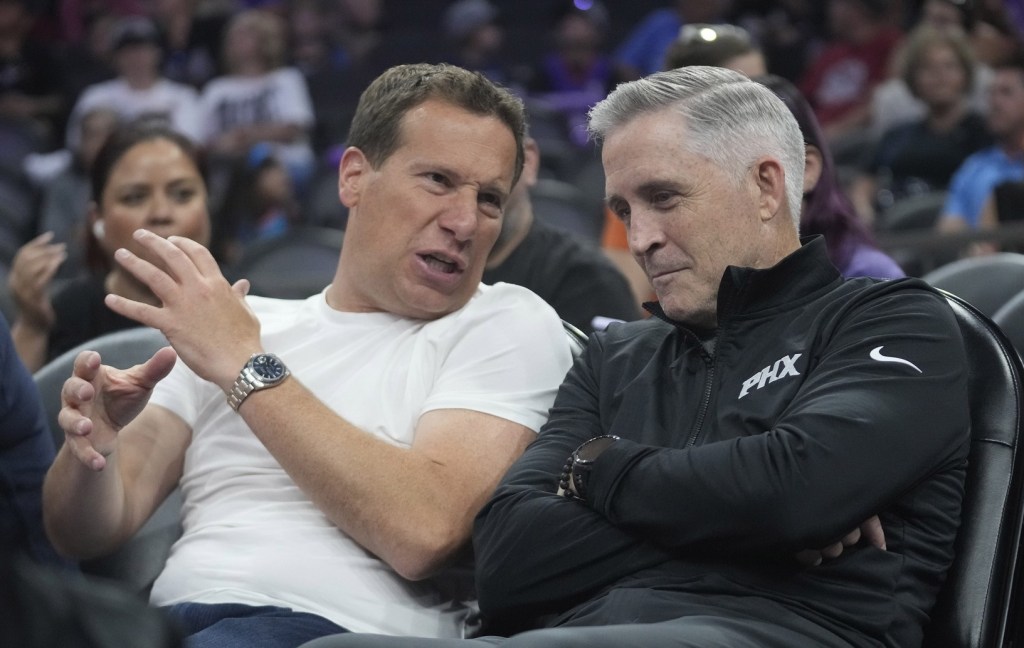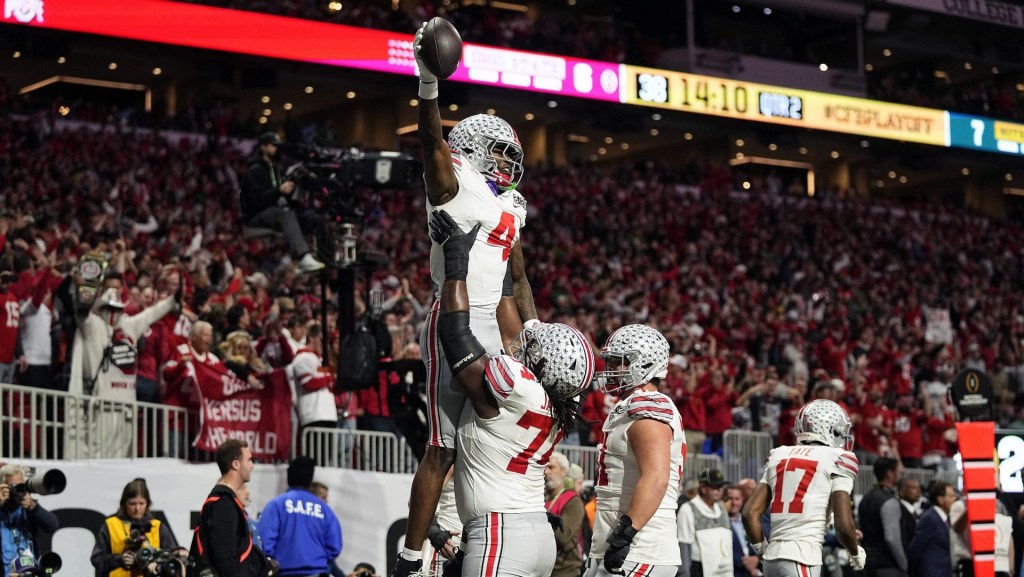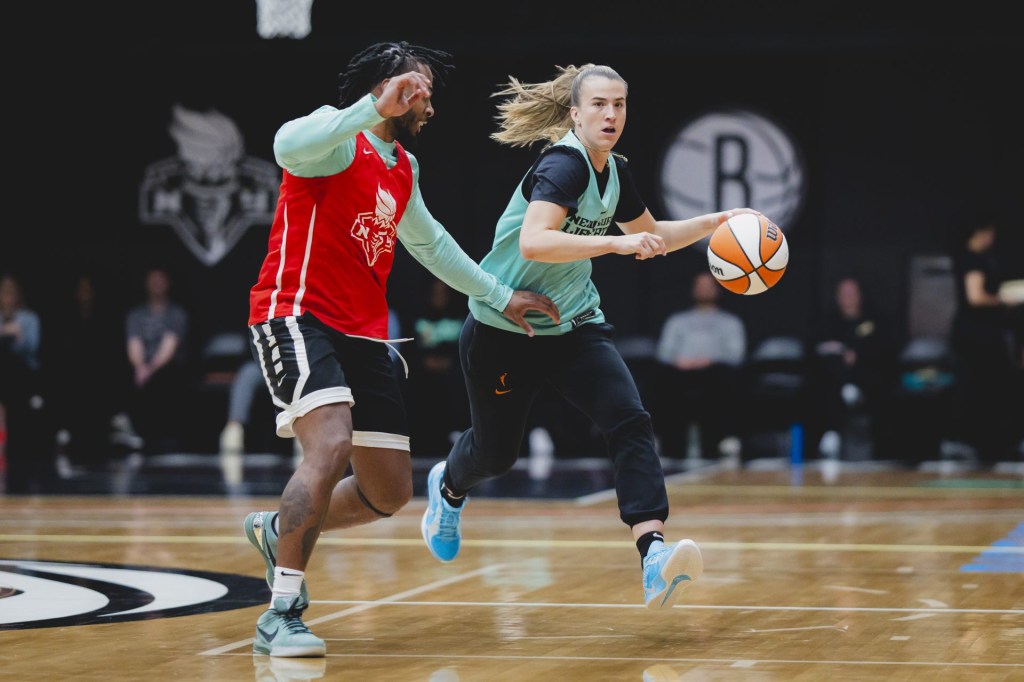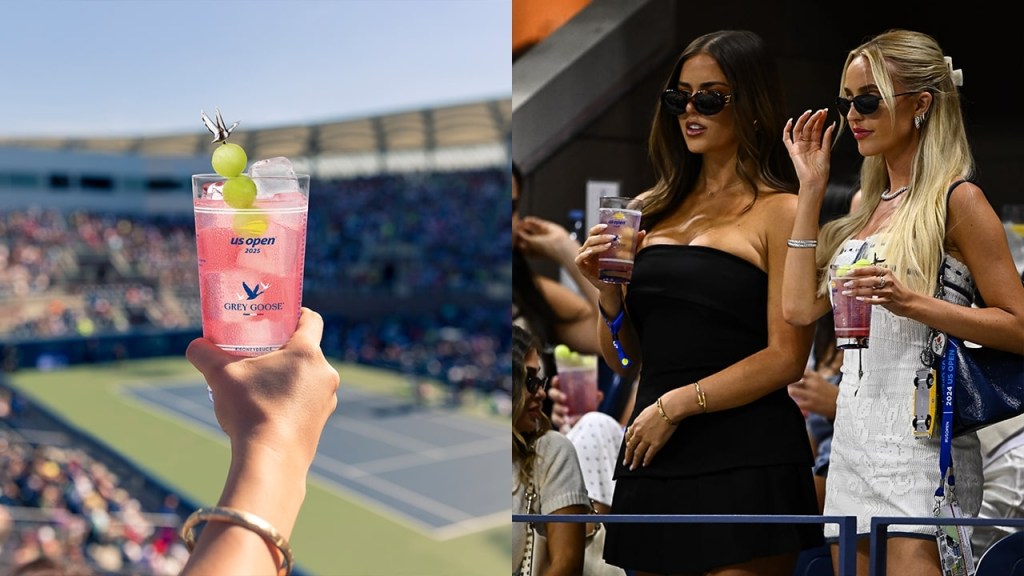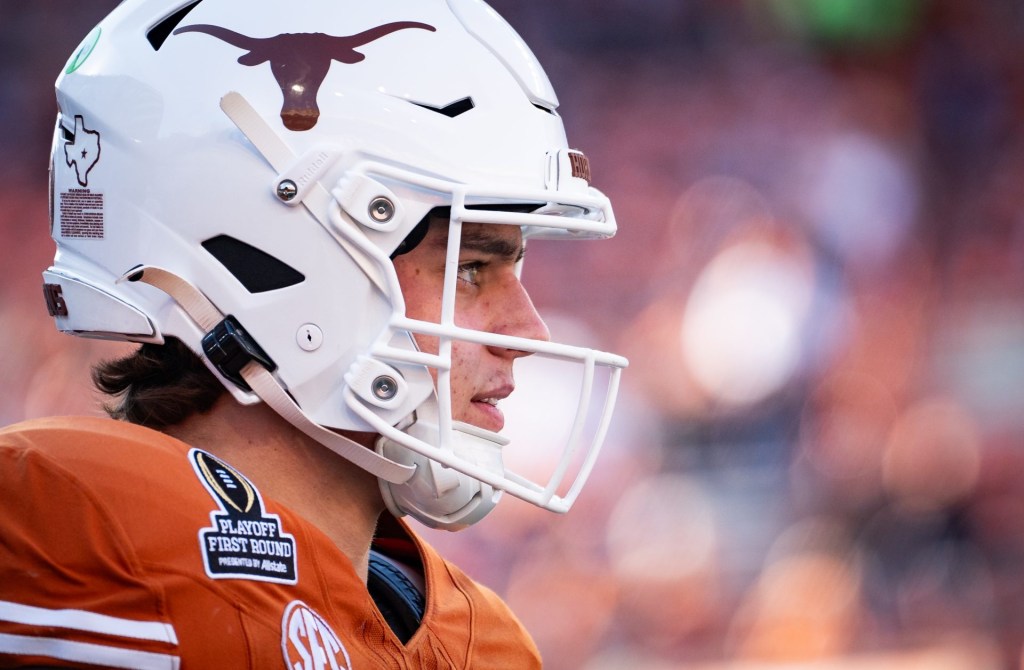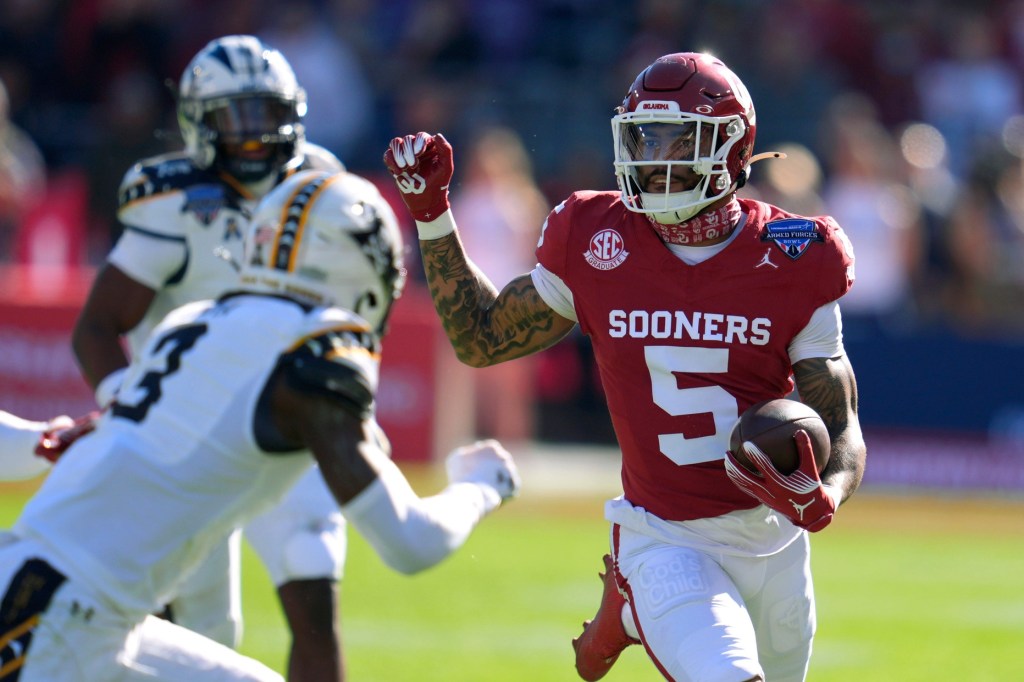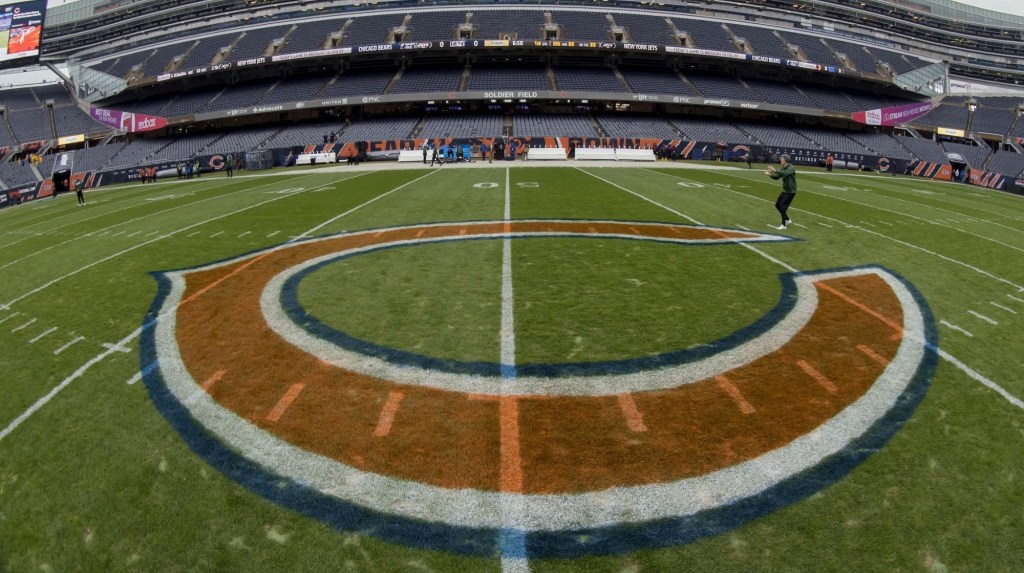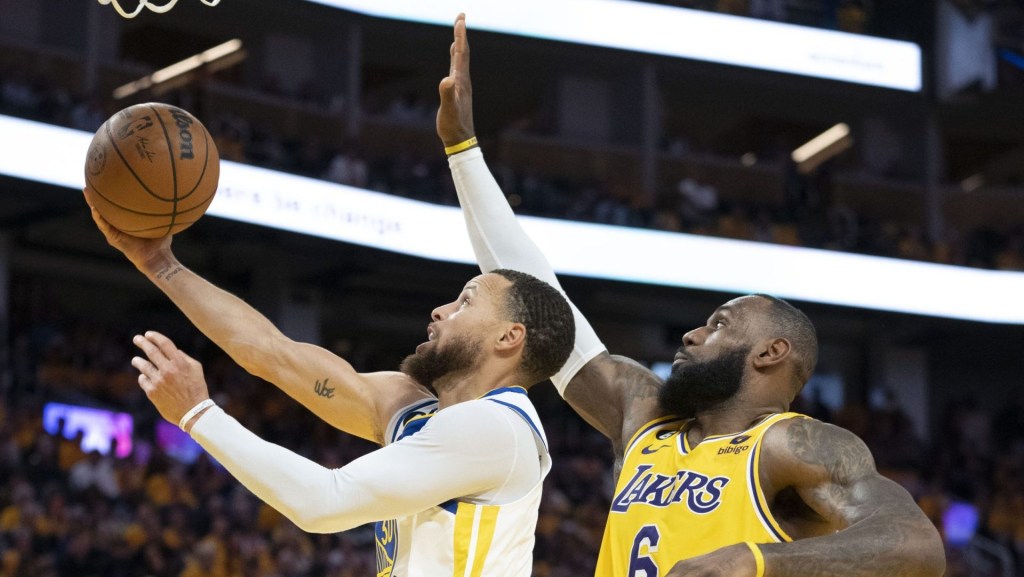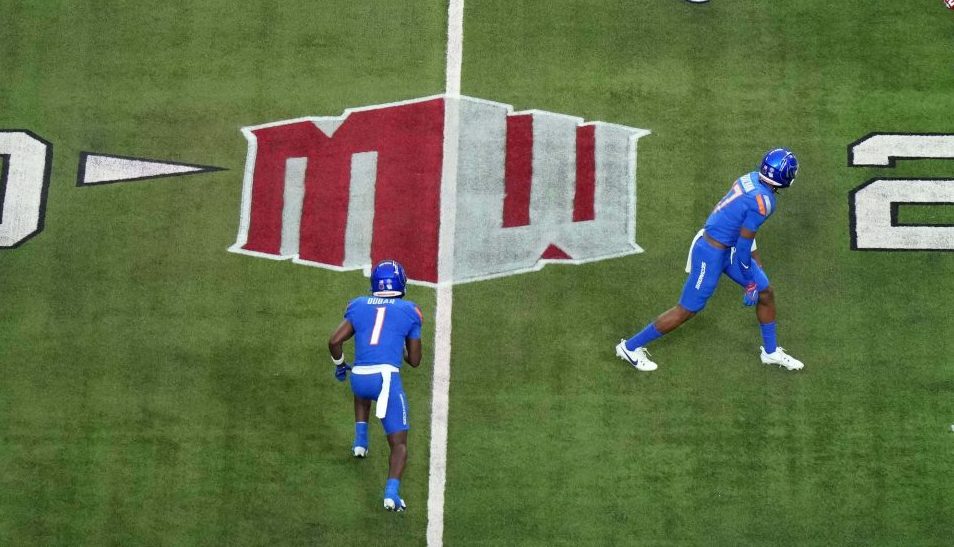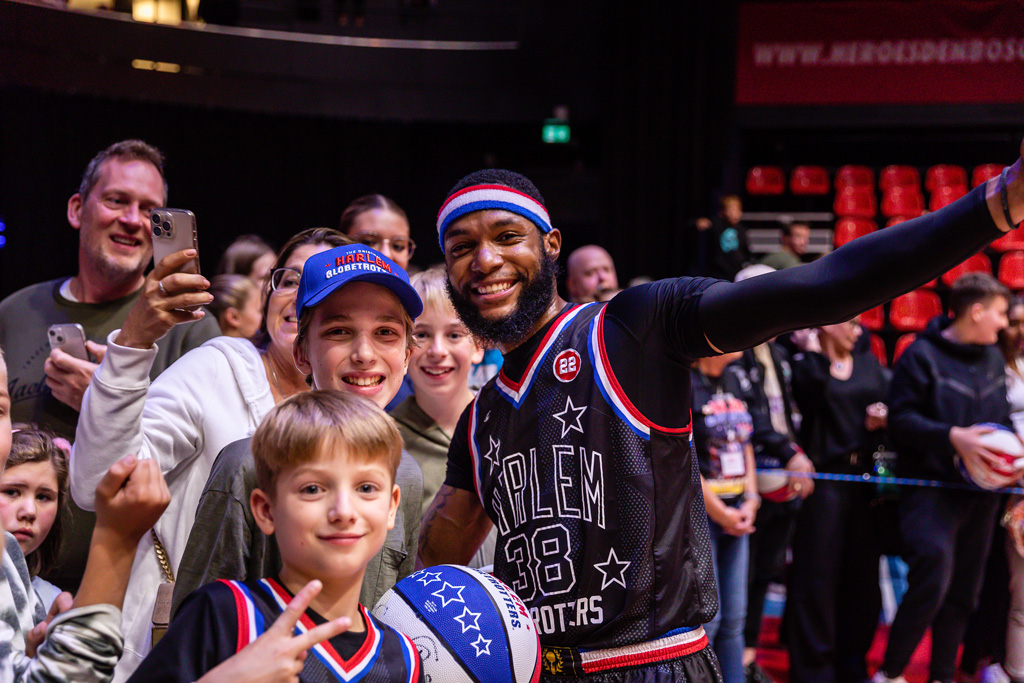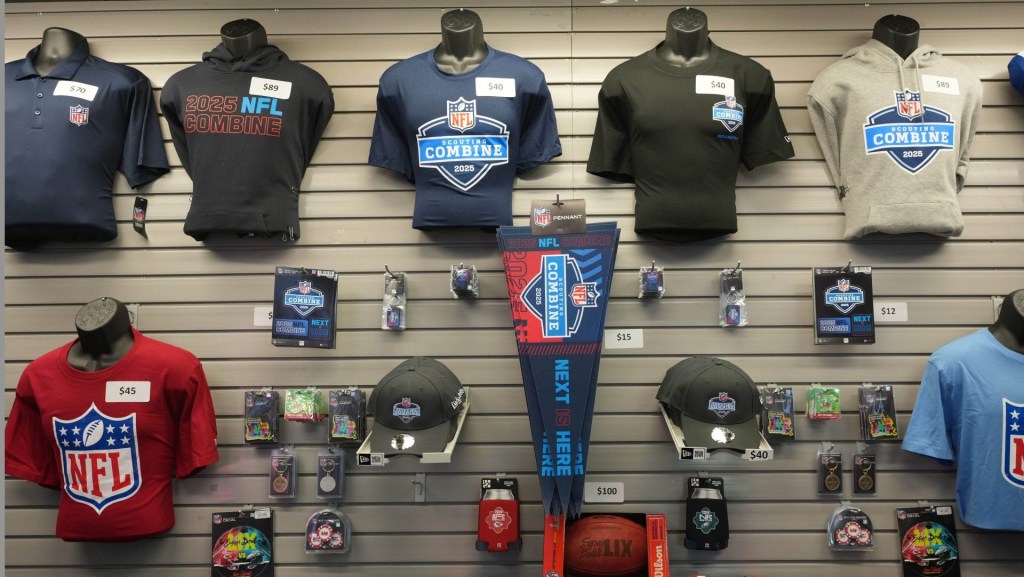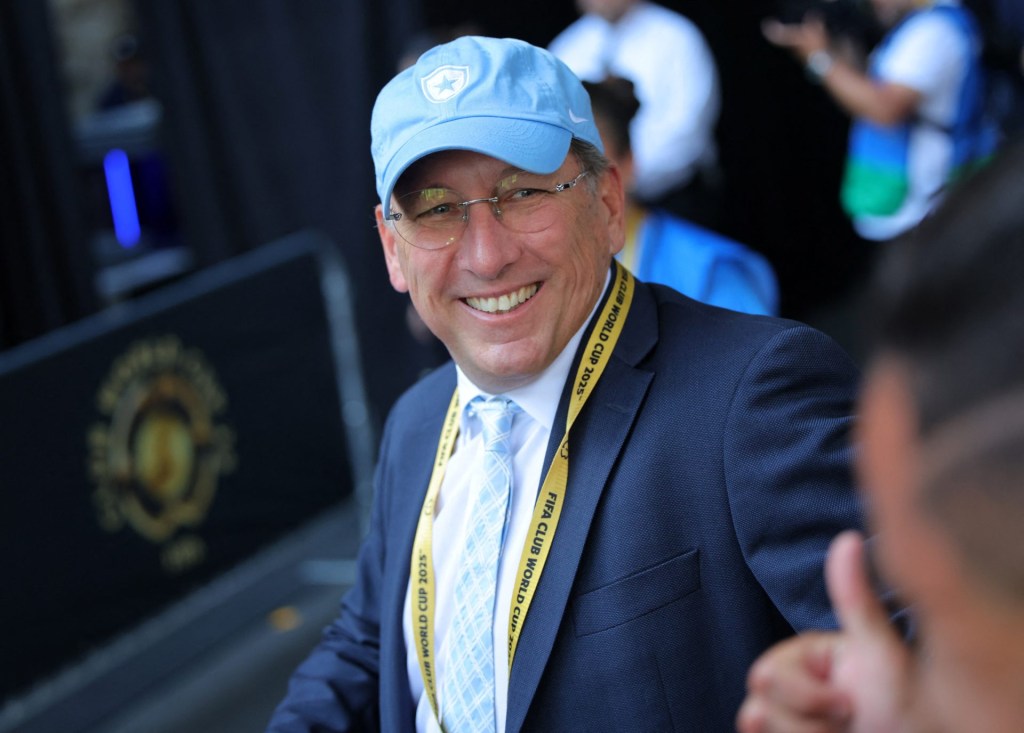This interview is presented to you by the University of Nebraska — Lincoln Master of Arts in Business with a Specialization in Intercollegiate Athletics Administration.
By: Joe Londergan, @joehio_

Sometimes just being there for a friend, followed by years of hard work, can lead to incredible opportunities. This was the case for Noah Koné, who currently serves as the Director of Business Development at K-One Media, a strategic marketing firm that works with professional athletes, artists, agencies and startups to grow their brands through digital and event management initiatives.
A native of Los Angeles, Koné attended middle school and high school in Portland, Oregon. He got his first real taste of how sports and public relations mix during his high school career playing basketball with two McDonald’s All-Americans in Terrence Ross and Terrence Jones, both of whom currently play in the NBA.
“On my high school team, I kind of served as a type of facilitator. One thing that I did for guys like Ross and Jones was sort through their recruiting mail and help them with some administrative things in the recruiting process. On top of that, I usually found myself playing the role of mediator or the one providing clarification in my group of friends. Plus, I started to take notice of how messages are crafted, how initiatives are pushed and how brands are sold and it sparked an interest in me. Now, I’ve kind of combined those things going forward.”
Koné went on to play college basketball for three seasons before graduating from Carroll College in Helena, Montana with a degree in public relations. While that experience as a student-athlete did not produce many wins on the court, it furthered his development as a professional in several areas.
“I think I won 11 games in my total college career, but I used the PR that I was learning and then just kind of learning how to further work within a team dynamic, which transferred over to some other things. I like to think that I’ve always been doing what I’ve been doing now in some capacity or another.”
After Koné’s sophomore collegiate season, his close friend and former teammate Terrence Ross was selected eighth overall in the 2012 NBA draft by the Toronto Raptors. Ross invited Koné to accompany him to the draft and to Toronto where Ross would be subject to his first professional media day with the Canadian media. This inadvertently became an opportunity for Koné to get his first experience with athlete management.
“What ended up happening was people just started throwing questions for Terrence at me. I had no plans to really make a career out of it at that point. I was just there supporting my friend.”
Koné then returned to Helena to play the remainder of his junior season. Koné decided to not play his senior season and began working as an event planner along with a job selling sponsorships in minor league hockey in order to pay his tuition.
“I knew getting that practice and learning how the structure worked would eventually give me the tools I needed to expand. Don’t think if you don’t get a job with the Lakers tomorrow, you’re doing something wrong. You can gain applicable knowledge at any level of sport. If you want to get started, just get started.”
As his career in sports began to take shape, Koné kept in contact with Terrence Ross, who approached him about coming to work for him over the summer in Los Angeles.
“Terrence contacted me that following summer and asked me what my plans were. I immediately was apprehensive because I’ve read a million stories about where the friend gets involved and it complicates things and adds drama to the relationship. I told him I didn’t know if it was the right move. Terrence said ‘what If can help you get an internship in Los Angeles for the summer?’ It seemed like I could justify it as long as I could gain some valuable experience.”
“So I went out there as a runner, initially, for Terrence, making sure we were where we needed to be on time and forwarding contracts along, things like that. I did that for a few months and in the process, I started to notice how some of the initiatives around what he was doing were taking shape. Because he trusted me, he started to let me do some of those things for him as well. It started off with small PR opportunities and charity initiatives that I thought would be good for his profile. It grew into an expanded role and that experience has allowed me to do some similar things for other players and brands.”
Eventually, this role as Ross’ manager gave Koné the ability to show what he could do as a marketer on an international stage with access to some of the biggest names and brands in the entertainment industry.
“After that first summer where I got a little more involved in what Terrence was doing, I started going back and forth from Montana where I was going to school to Toronto where Terrence was. So I was going to school full-time and trying to manage his off the court activities full-time, too. The turning point for me was the build-up to the 2014 NBA All Star game in New Orleans.”
“With Terrence playing in Toronto, musical artists like Drake and Justin Bieber are closely tied to that city. So, I had this thought of building off of Terrence winning the 2013 NBA Dunk Contest in Houston, where Drake embraced Terrence because he was representing Toronto. So for the next year, where Terrence was going to defend his title, I thought ‘how much further involved can we get Drake?’ I wanted to get him, Terrence and a sponsor together to promote Terrence in the Dunk Contest. That was as far as I had it mapped out in my head.”
Drake and Terrence already had the relationship, so the next step was tying in a brand initiative. Sprite and its parent company, the Coca-Cola company, sponsors the NBA Dunk Contest, so I came to them with the idea of a campaign of Terrence doing a few different things to promote Sprite and then it will culminate with Drake getting involved. Drake ended up assisting with one of his dunks in the contest itself, which ended up trending in a really crazy way. They agreed to it and it led to Terrence getting endorsement deal.”
Executing this campaign as Ross’s ‘right hand man’ with little more than a limited green light from CAA (Ross’s agency), introduced Koné to some of the frustrations and metaphorical red tape that come with creative fields.
“I felt like a guitar player without a band. I could just get on stage and freestyle, so to speak, but my name still wasn’t on the marquee. After the Sprite campaign with Terrence did as well as it did, I couldn’t take as much credit for it as I would have liked to. I knew that I had driven it hard from its inception. I knew that I never again wanted to be in a situation working for something or somebody and I can’t take credit for it. It’s not the reason why I do this, but if you’re going to go to the extent of working that hard to put it together, you want to have that as a point of reference.”
This led him on the path to start his own business in K-One Media, where he helps to develop creative and branded content to further brand initiatives for his clients.
“I had to build a business properly in order to fully take advantage of all the opportunities that I have being affiliated with an NBA player. It was largely based on the fact that I had moved mountains and couldn’t prove it. I needed to find a way to solidify that. I had to learn what the proper channels of communication were and how to establish a business so that I could get a legitimate storefront together and expand. That’s really the basis of a lot of what we do for our clients. Athletes, artists and brands, when they’re in the infancy stages of their development, helping them utilize all the tools around them to maximize their platform. In an essence, that’s really what my struggle was. From that I was fortunate enough to get to work with other athletes and other brands and it’s really been growing in the last three years.”
K-One’s current client list, in addition to the athletes previously mentioned, includes Ball In The 6 and Ugly Dukling, among others.
Koné has learned to develop professional relationships with his new clientele. However, with a chunk of that clientele coming from preexisting personal relationships, he has also done what few are able to do in maintaining healthy friendships as well as professional relationships.
“When you meet somebody in a professional context, it’s a lot easier to keep it that way. But when you crossover into a professional context with someone you know personally, the waters can get really murky. One thing that I had to was make a concentrated effort to separate our friendship from the business aspects of what I was trying to do. When you’re an NBA player’s manager and also their friend, you can spend all week working on a proposal for them and then they’ll turn it down. However, they’ll still want to hang out and be friends after that. They don’t really think of it as turning down this thing you just expended a lot of effort to put together. Balancing those things is still difficult for me because I just want what’s best for the guys, but it was especially difficult in the beginning because those lines are so thin.”
Despite some of the challenges of his work, Koné’s favorite aspect of his work is the opportunity to change the way that talent expects to be managed and make a difference in the lives of his clients.
“In the NBA you have guys who come from 7–8 member households becoming millionaires overnight. There’s a huge gap of information that they have in terms of how to handle their wealth and how to handle all the attention that comes with it. They may have had some practice being a good high school player or a good college player, but when the money is there, it just changes everything. So there’s that attitude of needing their manager or their agent to handle all of the off of the court responsibilities and there’s so much opportunity left on the table because athletes don’t take advantage of their platform due to that steep learning curve and their need to focus on performing, but also because the way management typically approaches talent is ‘we’ll take it from here, don’t worry about it’ and then you see situations where players are broke at the end of their career.”
“So for me, the thing I enjoy the most is getting with guys and building an infrastructure that allows them to take in certain types of revenue through collaborations with brands and other entities and find something for them that can help them take advantage of their platform. It starts to shift the way they think and they start to demand more of their agents, their teams and themselves. Now more than ever, guys are taking those steps and the learning curve isn’t as steep as it once was, but still there are athletes who don’t understand the opportunity they have from a business standpoint and we come in and help paint the broader picture for them. I think that’s what is most satisfying for me: changing the way talent expects to be managed in our industry.”
Helping teach clients to reach their growth potential has shown Koné that he also now has a few things to teach upcoming sports professionals about getting their foot in the door.
“The thing that I always tell people that want to get started in sports is there’s may be three ways you can get going: 1. Have a lot of capital to be able to pay for the talent you want to associate yourself with, 2. You have to be connected, which is what I was fortunate enough to be, 3. You have to have an innovation: something that nobody has ever done or thought of before. Of course there’s the old fashioned route where you start working in team sports and kind of work your way up.”
“You need to be prepared to actually roll your sleeves up and actually put a lot of hours in. It’s a lot more of a calculated approach than the glitz and glamour that gets associated with it. Even more so, the business aspect of it is very straight forward.”
Perhaps the most important thing that has guided Noah Koné to a successful start in the industry has been his ability to be stay focused and dedicated to his cause and his friends and colleagues around him.
“I didn’t buy in to the hype or let my life slip away because of my affiliations with players or because I was working in the industry. That level of focus allowed me to always find opportunities and show up and do a good job.”
“Be dedicated to doing the best you can and not getting much credit or recognition for it. If you can be that kind of a team player, there’s a chance for you to win at the end of it. It’s about having the experience and the knowledge necessary to actually help somebody when you have the opportunity to.”
If you want to hear more of Koné’s insight and expertise on the world of sports, check out his podcast The K/O Sports Show with co-host Oliver Maroney.
Connect with Noah on LinkedIn here.
